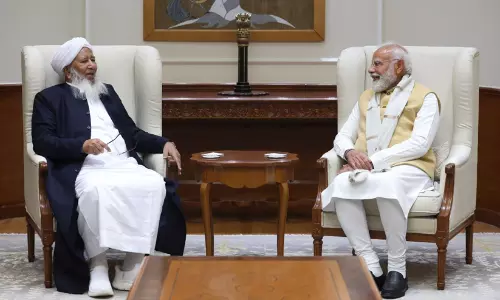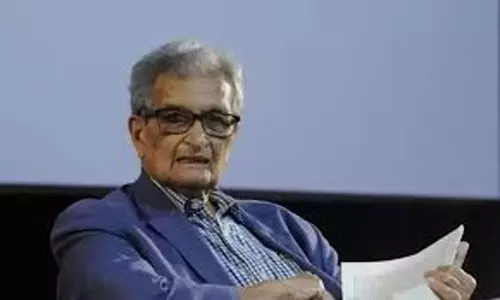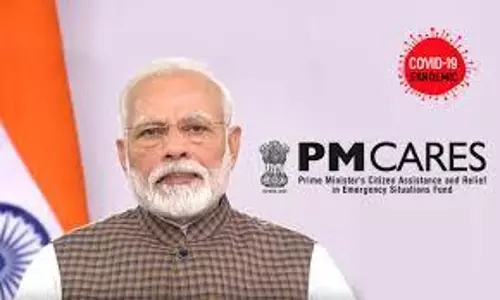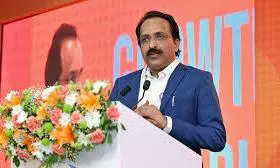
ISRO chief emphasizes caution ahead of Gaganyaan launch, highlights Venus mission
text_fieldsS. Somanath, Chairman of the Indian Space Research Organisation (ISRO), expressed the need for caution regarding the Gaganyaan mission, India's first human spaceflight initiative, which is set for launch by the end of this year.
He underscored the importance of careful planning to avoid issues similar to those faced by the Boeing Starliner, which recently experienced significant delays.
"We don't want what happened to the Boeing Starliner, so we should be very careful," Somanath stated.
The Starliner, launched by NASA on June 5, returned to Earth on September 7 without its intended astronauts, who had to extend their stay on the International Space Station unexpectedly.
In addition to Gaganyaan, ISRO is also moving forward with the Venus Orbiter Mission (VOM), one of four projects recently approved by the Union cabinet, which received a budget of Rs 1,236 crore. Somanath emphasized the necessity of studying Venus and Mars to prepare for potential future challenges on Earth, noting, "Tomorrow, Earth may become inhabitable for some reason. If we do not study these planets, future generations may be affected."
As ISRO develops its Next Generation Launch Vehicle (NGLV), which will take seven years to complete, Somanath confirmed that the Venus mission is scheduled to launch in March 2028 using the existing Launch Vehicle Mark-3 (LVM3). He mentioned that other countries, including Russia, China, and Japan, are also planning missions to Venus by 2030.
Somanath pointed out the challenges posed by Venus's extreme conditions, stating, "Though we went to Mars, which is a little farther away, Venus is more challenging due to its atmosphere, which has 100 times more pressure than that of Earth."
The Venus mission will mark India's second interplanetary endeavor following the successful Mars Orbiter Mission launched in 2013. Additionally, Somanath expressed his satisfaction with the rising interest in the space sector, particularly among startups, highlighting the impressive innovations being developed in satellite technology.























